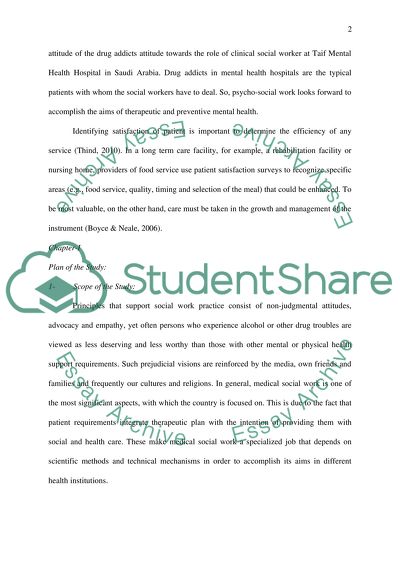Cite this document
(“Drug Addicts Attitude Towards the Role of Clinical Social Worker Dissertation”, n.d.)
Drug Addicts Attitude Towards the Role of Clinical Social Worker Dissertation. Retrieved from https://studentshare.org/sociology/1401653-drug-addicts-attitude-towards-the-role-of-clinical
Drug Addicts Attitude Towards the Role of Clinical Social Worker Dissertation. Retrieved from https://studentshare.org/sociology/1401653-drug-addicts-attitude-towards-the-role-of-clinical
(Drug Addicts Attitude Towards the Role of Clinical Social Worker Dissertation)
Drug Addicts Attitude Towards the Role of Clinical Social Worker Dissertation. https://studentshare.org/sociology/1401653-drug-addicts-attitude-towards-the-role-of-clinical.
Drug Addicts Attitude Towards the Role of Clinical Social Worker Dissertation. https://studentshare.org/sociology/1401653-drug-addicts-attitude-towards-the-role-of-clinical.
“Drug Addicts Attitude Towards the Role of Clinical Social Worker Dissertation”, n.d. https://studentshare.org/sociology/1401653-drug-addicts-attitude-towards-the-role-of-clinical.


